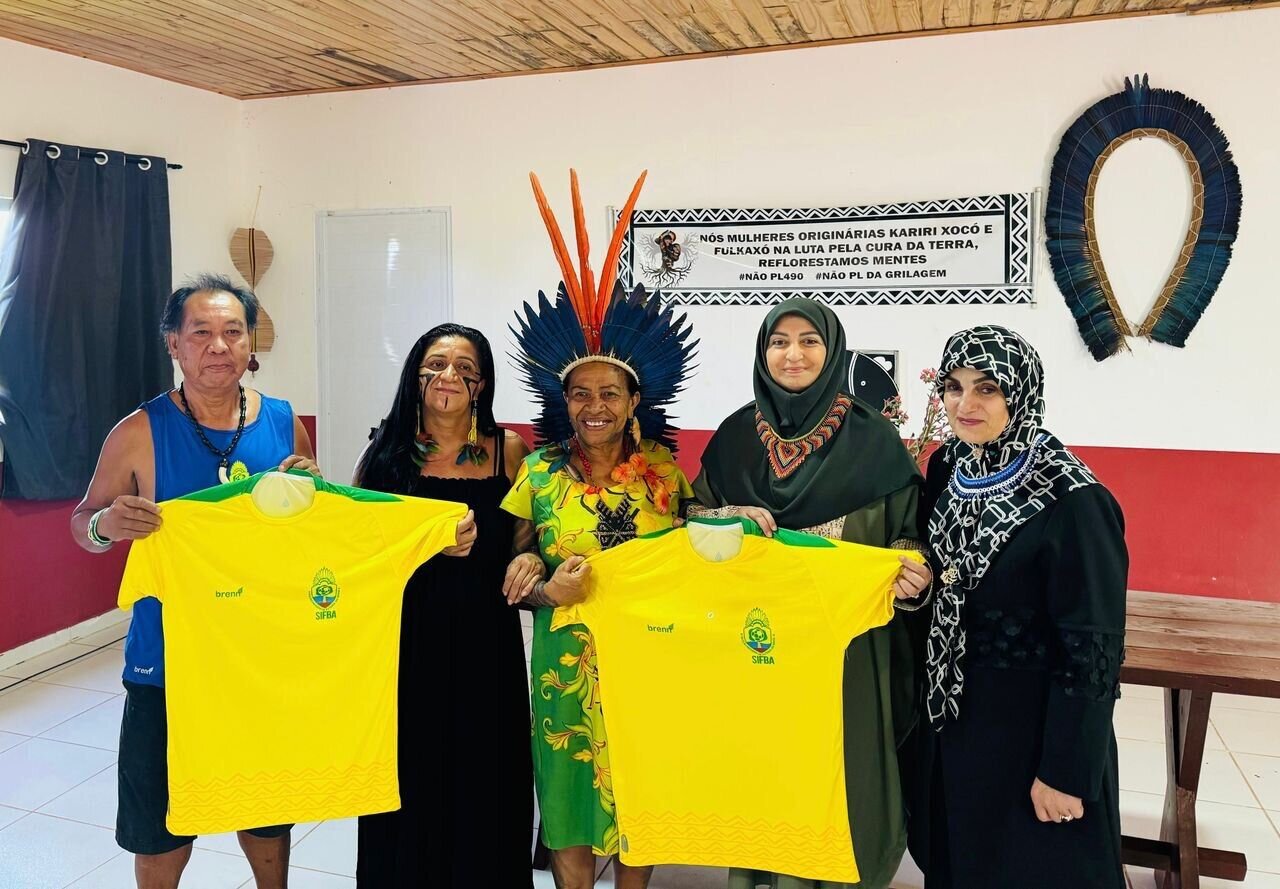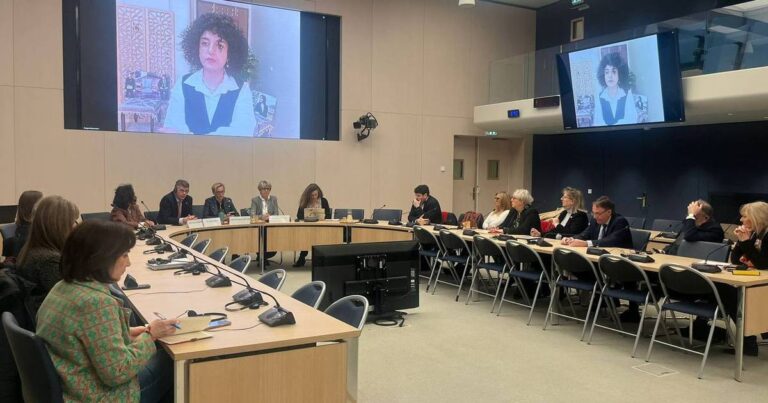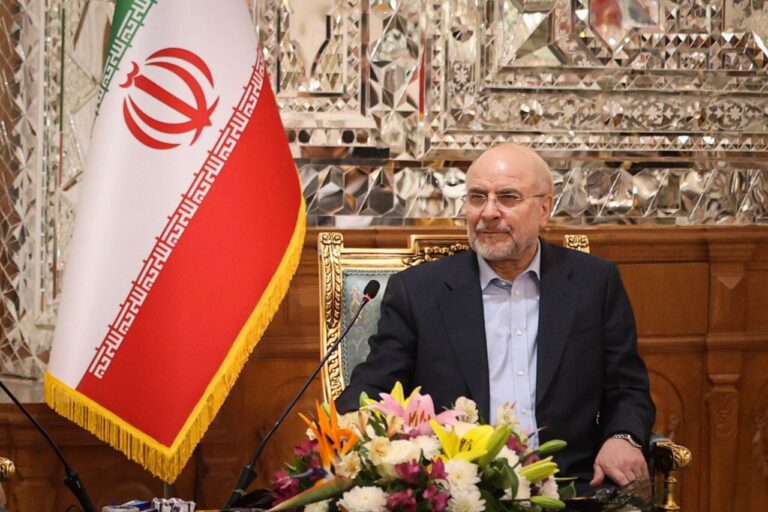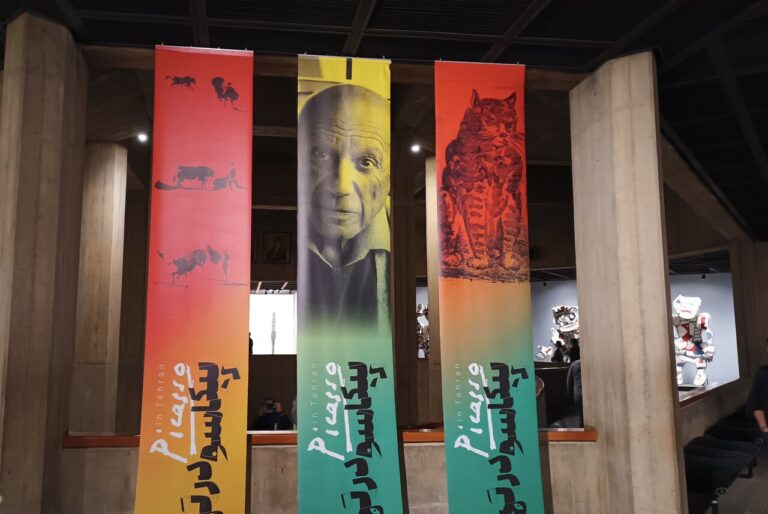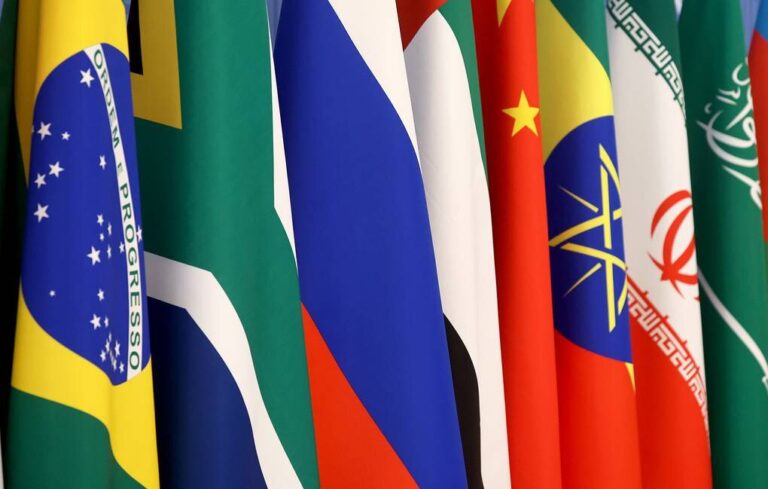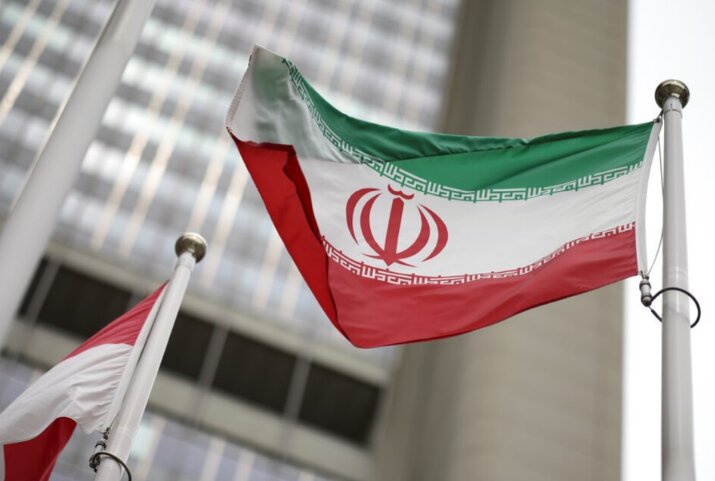Iran Joins BRICS: Engaging in Key Environmental Working Group Meetings
TEHRAN – Shina Ansari, the head of the Department of Environment, is currently representing Iran at the 11th BRICS Environment Working Group (EWG) meetings in Brazil. This significant event, themed “Advancing Environmental Cooperation amongst BRICS towards Sustainable Development and a Just Transition for All,” is pivotal for enhancing environmental policies and practices among member nations.
The BRICS EWG, which was established in 2015, serves as a crucial platform for collaboration among BRICS member countries. Its primary objective is to tackle fundamental environmental challenges while promoting dialogue, sharing experiences, and exchanging information and best practices.
Each year, the EWG convenes under the framework of the BRICS Memorandum of Understanding (MoU) on Environmental Cooperation. This MoU was signed by the BRICS Environment Ministers during a meeting in Johannesburg, South Africa, in 2018. Key priority areas outlined in the MoU include:
- Air Quality
- Water Resources
- Biodiversity
- Climate Change
- Waste Management
- Implementation of the 2030 Agenda for Sustainable Development
Additional areas may be addressed as per mutual agreement among the participating nations. To facilitate the tangible outcomes of these commitments, a Plan of Implementation for 2023–2027 has been developed. This structured roadmap is designed to enhance environmental coordination and cooperation among BRICS member countries while ensuring compliance with both national and international environmental conventions.
The EWG plays a pivotal role in overseeing the effective implementation of the MoU. Currently chaired by Brazil, the group is committed to strengthening the execution of this Plan to promote action-oriented cooperation among member states.
In 2024, the EWG took significant steps by launching the Contact Group on Climate Change and Sustainable Development (BRICS+ CGCCSD) and initiating a High-Level Dialogue on Climate Change. These initiatives demonstrate the group’s dedication to addressing climate-related challenges and fostering sustainable practices across borders.
During her visit to Brazil, Ansari also took the opportunity to explore successful environmental projects implemented by local communities in Brasilia. She praised the essential role of indigenous communities in environmental protection, acknowledging their invaluable contributions to sustainable practices and biodiversity conservation.
The ongoing discussions at the EWG meetings highlight the importance of international cooperation in addressing pressing environmental issues. The collaborative efforts among BRICS nations are aimed at creating a unified approach to sustainable development that benefits all member countries.
As the global community faces the escalating effects of climate change, initiatives like the BRICS EWG are crucial. They foster not only dialogue but also actionable strategies that can lead to meaningful change. The commitment to sustainable development and environmental cooperation exemplified by the BRICS nations reflects a growing recognition of the interconnectedness of global environmental challenges.
In conclusion, the 11th BRICS Environment Working Group meetings in Brazil represent a significant step towards enhancing environmental cooperation among member countries. With a focus on sustainable development and just transitions, the discussions led by Shina Ansari and her counterparts are set to influence environmental policies positively. As the world navigates through complex environmental issues, the role of such collaborative platforms cannot be overstated.
